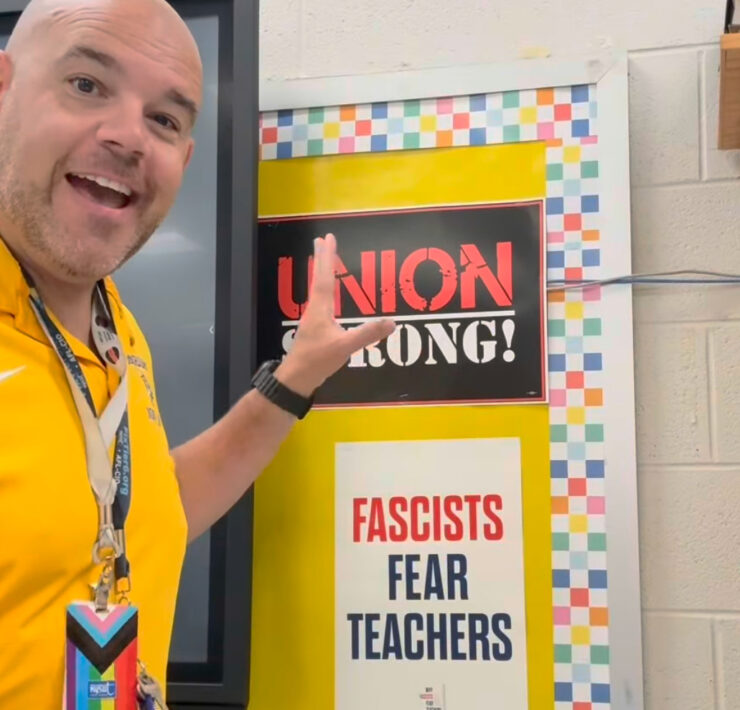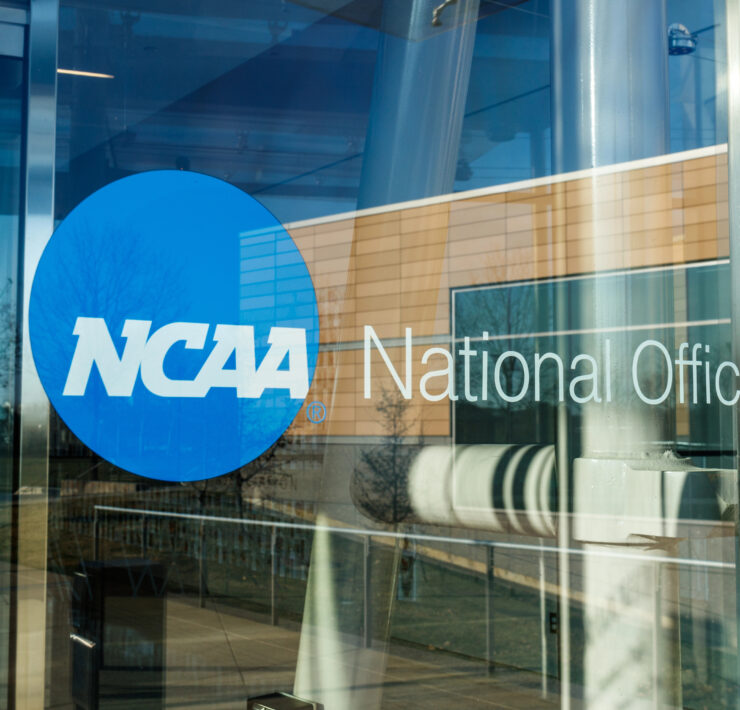Vote to Expel George Santos from Congress Fails

Owen Swallow is an editorial intern at Out Front and…
A vote to expel Representative George Santos, the embattled New York Republican who has been indicted on federal counts of financial fraud and mis-dealings, from the House, failed this Wednesday. The vote came after a group of fellow New York Republicans introduced a privileged resolution forcing the vote last week.
The resolution was introduced by Rep. Anthony D’Esposito (R-NY), and whether the motion will succeed is unclear. This will be the second vote in six months by the House on whether or not Santos can keep his seat amid the ongoing felony charges the congressman faces. In order to expel Santos, the House needed a two-thirds of the legislators to vote in favor of the motion. That would be 289 members of the House. The vote wound up being 179 in favor to 213, with 19 members voting present.
The motion’s possibility of success was slim, especially since Republicans currently hold a slim majority in the lower chamber and a vote to expel Santos would further weaken the majority. Considering the razor-thin majority, Republicans have come to rely on Santos’s vote to pass legislation in line with their agenda, even if he is mired in legal trouble.
Furthermore, Speaker Mike Johnson (R-LA), who has a long history of anti-LGBTQ+ activism, has expressed concerns over expelling the known fabulist. Ahead of the vote, Johnson has said he doesn’t support removing Santos without due process, echoing fears by other house republicans that expelling Santos ahead of criminal proceedings or a report by the House Ethics Committee would set a dangerous precedent.
Repesentative D’Esposito, who’s motion was joined by a group of fellow freshmen Republicans representing potential swing districts in New York, argued that there is sufficient evidence that George Santos is not fit to serve. Ahead of the vote, the cohort released a letter urging their colleagues to follow through with removal.
“This issue is not a political one, but a moral one. We agree it would set a precedent, but a positive one.” They wrote, addressing some of their objections. Clearly, their plea was not given much weight.
Another member of the cohort, Rep. Nick LaLota told reporters last week that they introduced the resolution following Santos’s former campaign treasurer Nancy Marks pleading guilty to conspiring to defraud the government. In October, Marks testified before a federal court indicating that Santos illegally “submitted bogus campaign reports” to attract potential donors. Marks went on to add that Santos falsely wrote campaign finance reports claiming he had loaned $500,000 to his campaign (he hadn’t). Marks claims Santos did this in order to make his campaign appear well-funded to attract other donors. Furthermore, Marks testified that she gave the Federal Elections Commission a fake list of donors with names of real people who either hadn’t donated or given permission for Santos’s campaign to use their names.
George Santos is the first openly gay Republican elected to congress, who made national news after it was revealed he fabricated numerous details of biography. Since Santos was elected back in 2022, it’s been revealed he made numerous false and deceitful claims regarding his family and background. For instance, he claimed that he lost employees in the tragic Pulse Nightclub shooting, although none of the victims had any connection to Santos. Now, Mr. Santos faces a 23-count federal indictment, including 10 new charges, covering wire fraud, stealing public funds and lying on financial statements. Santos has continued to plead not guilty on all these charges.
In May, another attempt to expel Santos by a group of Democratic congressmen had a similar fate. At the time, Republicans avoided the vote, pushing the issue to the House Ethics Committee, which has said they will announce the next steps for an investigation into Santos on November 17.
What's Your Reaction?
Owen Swallow is an editorial intern at Out Front and is also pursuing their Master's Degree in International and Intercultural Communication at the University of Denver.










